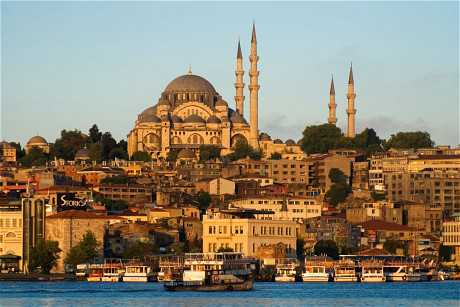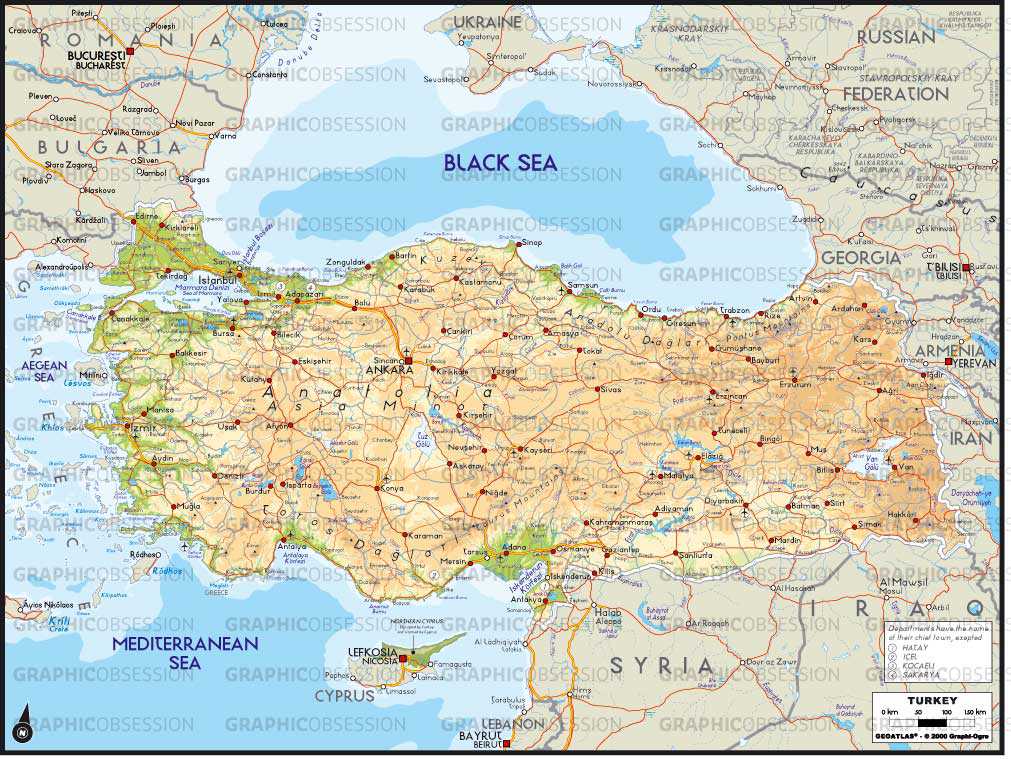Sept. 10, 2008
By Jacqueline Deavenport
Reporter
A member of the history department will be conducting research in Turkey this year, thanks to a Fulbright grant.
Dr. George W. Gawrych, an associate professor, was awarded a Fulbright Senior Researcher Scholar grant and will begin his research Sept. 15, said Jamie Lawrence, a Public Affairs Officer in the U.S. Department of State Bureau of Educational and Cultural Affairs.
“It is a tremendous honor for me to receive this grant,” Gawrych said in a press release. “I distinctly remember growing up with a great admiration for Senator Fulbright. He was one of my heroes in the political world, and I am thrilled to have this opportunity of working with scholars in Turkey while conducting the ten months of focused research.”
Gawrych said he remembers being inspired in junior high school by Arkansas Sen. William James Fulbright, a man committed to finding peace and understanding between nations through education.
Considerations such as professional qualifications, lecturing activity, research activity, language proficiency, and experience abroad, determine who is awarded a Fulbright Scholarship. The Fulbright program was created in 1946, and there are several different types of Fulbright programs for students and educators. Gawrych is the fifth Baylor professor to receive a Fulbright award, according to the press release.
His research will focus on one of Turkey’s political historical figures, Mustafa Kemal Ataturk. He is trying to understand Ataturk’s career as both a military commander and a statesman. “There is this larger vision, higher purpose that drives him,” said Gawrych.
Ataturk was an army commander and a revolutionary who led the Turkish national movement, which, in turn, became the Turkish War of Independence. As a statesman, he instituted political, cultural and economic reforms.
For 19 years, Gawrych taught at the U.S. Army Command and General Staff College at The United States Military Academy at West Point, where he first became interested in the subject of his research.
Upon coming to Baylor, he had an opportunity to focus on sources associated with Ataturk.
For nine months, Gawrych will be pouring over primary sources, working primarily in archives, libraries and research institutes in Ankara and Istanbul. He will also be visiting important battle sites.
Gawrych said his biggest challenges will be sifting through the masses of documentation and deciphering hand-written and short-hand written documents.
Dr. Jeffrey Hamilton, department chair of the history department, said Gawrych will help bring positive attention to Baylor.
“We’re very pleased for Dr. Gawrych and Baylor, because the Fulbright Research fellowships are one of the most competitive and prestigious awards that an academic can receive,” he said. “While both faculty and staff will miss Dr. Gawrych, his presence in Turkey will raise the profile of Baylor as a whole and in Middle East studies.”
Gawrych’s wife, Joan, will be accompanying him on his trip to Turkey, and there they will celebrate their 35th wedding anniversary.
Source: www.baylor.edu,




![Scholar given national grant award [ATATURK] 4 Scholar given national grant award [ATATURK]](https://www.turkishnews.com/en/content/wp-content/uploads/2023/04/washington-dc-g467c50bfe_1920.jpg)

